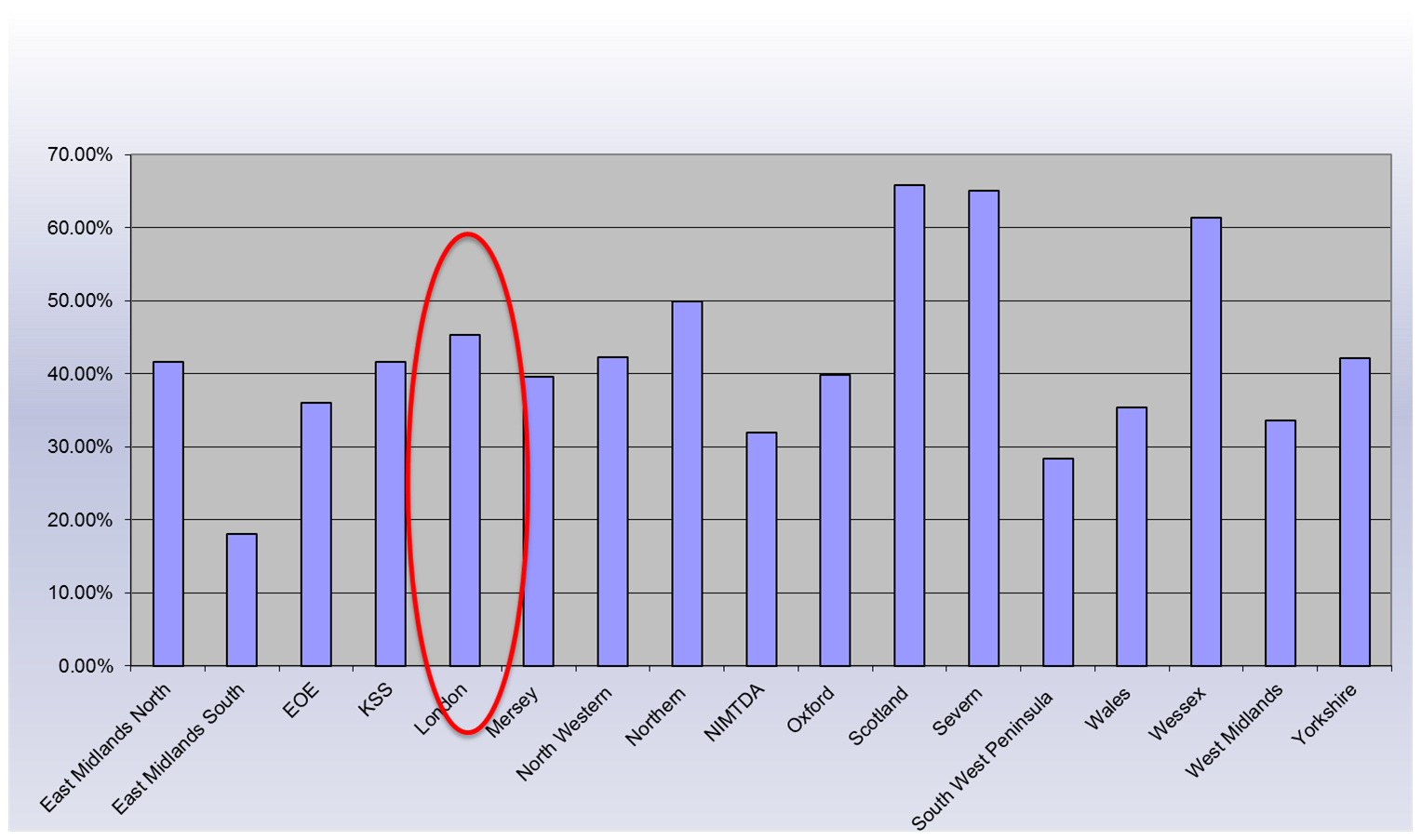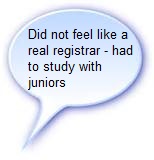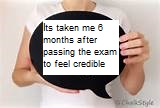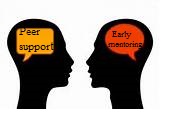


Theme
Postgraduate Education
INSTITUTION
School of Paediatrics, London Deanery

A project to explore how resit candidates overcome their challenges for success
Progression through
Trainees cannot progress to registrar level without passing the Membership of the Royal College of Paediatrics and Child Health (MRCPCH) examinations.
MRCPCH EXAM RESULTS 2011

Research from postgraduate medical trainees shows evidence of real improvement in examination performance up to the 10th attempt1
There is very limited research on the impact of high stakes exams on failing doctors but studies from other professions indicate that this is a significant impact2
We wanted to explore the impact of multiple resits on these candidates and what made the difference when they eventually passed
Paediatrics trainees who had failed the MRCPCH clinical examination at least 3 times and had eventually passed were identified.
5 trainees undertook a structured interview (face to face or telephone) with consent
- In retrospect where do you perceive you were going wrong when you were struggling to pass?
Perceived reasons for failure included: Poor structure and poor presentation skills
- What was the impact on you / training / life when you failed multiple times?
All participants described significant impacts of multiple failures:






- When you did pass was there anything you did differently?
-
What do you think were the key elements that helped you turn your success around?
Significantly, all the participants identified that reviewing their feedback with a trusted senior and a change of mind set from defensive to RECEPTIVE were key features that helped them to pass
- Do you feel that there is any on going impact on you / did it change your career plans?





?Trainees can pass after multiple failures in high stakes postgraduate exams
?Trainees can achieve significant improvements in their exam performance even after struggling to pass exams
?Key features for eventual exam success were identified
?Specific strategies can be made available to multiple resit candidates to help them achieve exam success

?Multiple failure in the high stakes MRCPCH postgraduate examination has a significant impact on trainees which is both personal and professional
?Candidates can pass even after repeated failure
KEY FEATURES IN EVENTUAL EXAM SUCCESS

.jpg)


STRATEGIES FOR SUPPORTING RESIT CANDIDATES COULD INCLUDE:
Peer support  Earlier mentoring / coaching
Earlier mentoring / coaching
Candidates repeatedly failing high stakes post graduate exams can pass.
They can be supported to eventual success with the above strategies.
1Investigating possible ethnicity and sex bias in clinical examiners: an analysis of data from the MRCP(UK)PACES and nPACES examinations.
McManus IC, Elder AT, Dacre J. BMC Med Educ. 2013 Jul 30;13:103. doi: 10.1186/1472-6920-13-103.
2Student Reactions to Being Wrongly Informed of Failing a High-Stakes Test:The Case of the Minnesota Basic Standards Test
Educational Policy November 2006 20:718-751
We wish to thank Dr Andrew Long, Head of the School of Paediatrics, London, for supporting this project.
We also wish to thank the Paediatric trainees of the London School of Paediatrics for participating in this research and sharing their experiences.
 Send Email
Send Email